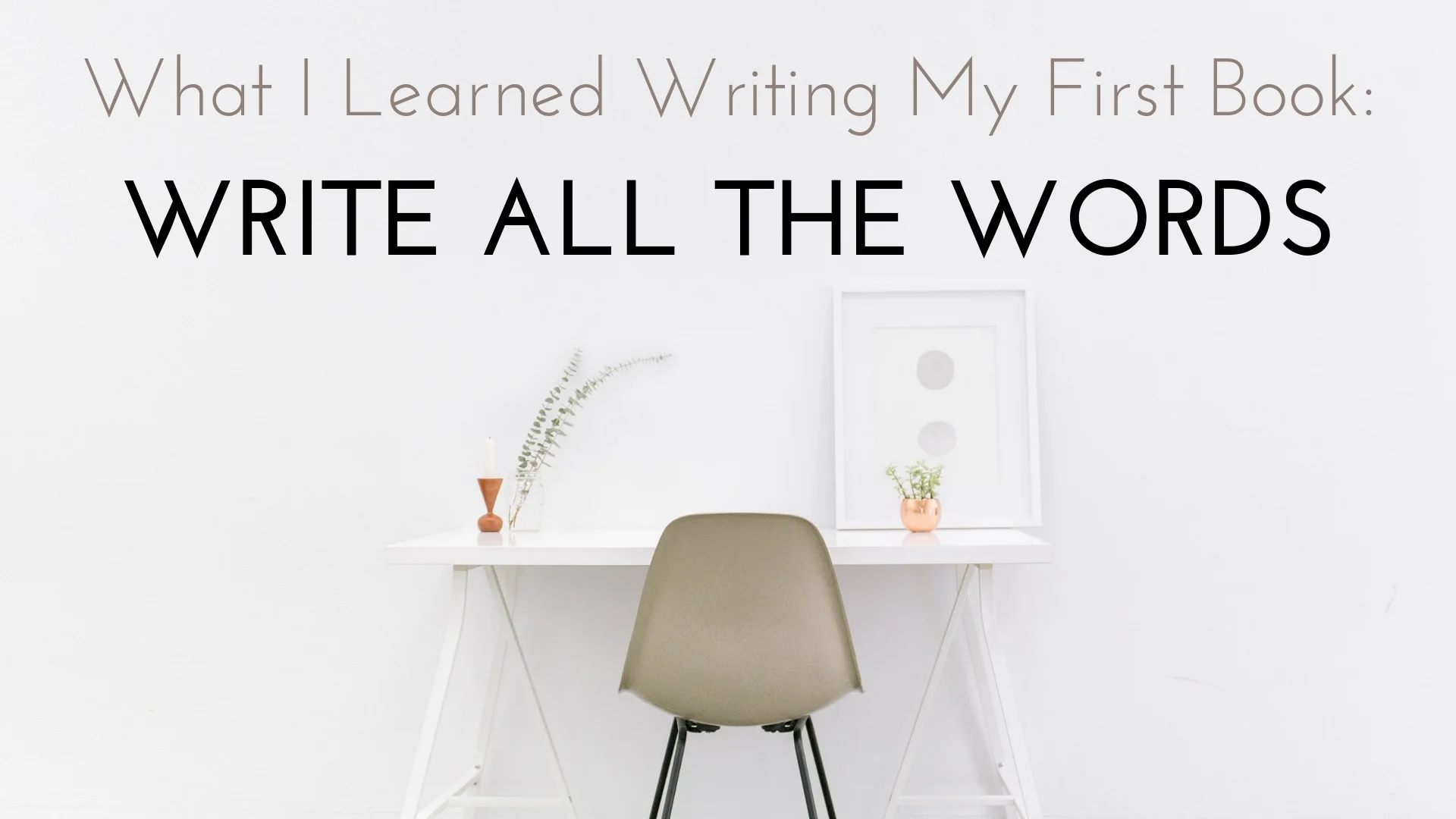Lines to Love: What and What Not to Write
Writing a novel is a huge learning curve. The best way to learn anything is to learn from the masters, hence the ever increasing popularity of Masterclasses. If you are approaching your first draft or the revision of one of your novel’s drafts, then today’s a good day to pay attention because we’re going to learn what to write and what not to write from some of the greatest writers. After all, why re-invent the wheel? Life’s hard enough to navigate. Let’s stand on the shoulders of those who’ve gone before us and take a look from their perspective.
It’s important to begin with a given. Like this one:
There you have it. Regardless how much you love writing, there are going to be days when it’s like pulling teeth, even when you know you’re a good writer and capable of writing well. What do you do on those days?
Once you’ve gotten out of your own way and let your intuition take the wheel, remember to keep it simple. However, take to heart Hemingway’s words about what that actually means:
Complexity stated simply. Ah, the challenge. We all want what we write to be profound, but to write like that we must carve out the time to sit and focus.
So, now that we’ve gotten our ducks in a row- we’ve set aside the time to write, we’ve put our bottoms in our chairs, and we’re letting intuition have free reign, what words do we actually write? While that can only be answered by you, take heed of Stephen King’s warning:
Since Mr. King is well versed in writing horror, I’m certain that he knows many of the things which pave the road to hell. Dark and frightful and terrible things- like adverbs. (That’s a joke.) And on the subject of jokes:
The joke is necessary to break the tension and let the reader regroup. What we writers need to be careful of are the unwitting jokes that happen when we use the wrong words. For example, you’ve written a scene where a gentleman is nuzzling the neck of his lady love. If he’s whispering sweet nothings in her ear, and she laughs a breathy laugh, it’s romantic. If she snorts or chortles, it is not. Words, they matter. Language is very precise. Choose your words carefully.
Here’s literary critic, editor, and author of many guides to good writing, William Zinsser’s words in the same vein, though he takes them a little further to their conclusion:
Lean and confident writing. Doesn’t that make you think of Mr. Hemingway? And, here’s another piece of advice from him:
That’s very practical advice. Weather is important because it places you in the setting of your novel. Just like words, it can augment the mood you’re trying to create. So, yes, put weather in your book. But, what shouldn’t you put in your book? Surely adverbs can’t be the only objectionable thing.
Another word for everything is backstory. The backstory is the background information that has formed the characters’ views or ideas or precipitated their actions to that point in your novel. At the outset, it is so tempting to tell it all, but that’s a thing we must not do. And J.K. Rowling isn’t the only author who will tell you this:
Honestly, I’ve had a hard time following this advice myself. But, the longer I’m editing my way through my novel, the more I see the absolute wisdom in this. I would go so far as to say that once you’ve written your first draft, go through it and throw out all the background information. Then read through it again. See what pieces of backstory are vital and put only those parts in. This will help you with your word count, and it will help you with your pacing- two vital elements that need to be right in order to get published. And that’s the goal, right? To provide the best version of your novel for the purpose of getting it printed and put on bookshelves across the world.
And, here’s one small piece of advice, that almost seems superfluous, but is actually very important.
Why is this important? Well, if you treat all your secondary characters in this way, you will end up with tons of material to compose new plot lines. New plot lines lead to new books. And once you’ve published the book you’re working on now, you will be in the prime position to start another one.
Is there any writing advice that’s helped you? Please share it with us in the comments below.


















































